Food for thought - diets don't work
We shouldn’t really be talking about diets, but a healthy way of living of which eating healthily is a big part.
Here’s why.
Most often the weight you lose you’ll regain in one to five years. Dieting to lose weight, by definition, is a temporary food plan.
Most people don’t have a plan once they reach their 'ideal' weight.
In a lot of cases you’ve simply starved yourself and your body craves more food.
And when you cut out certain foods like meat, fish, wheat or dairy products all together you can prevent your body from getting the nutrients it needs.
Another popular word is “detox”.
That somehow toxins build up in you body and can be removed by eating, or not eating, certain things.
Where’s the evidence?
OK. Detox may lead to weight loss if it limits the calories. But cutting out certain foods altogether is just a form of fasting.
So, stop pinching your muffin top and think ‘why’?
'Why am I eating more than I need – and know is good for me'?
What I’m asking you to do is to think about your mindset.
Have you always been overweight? If you have, it's not too late to change
What I’m saying is, we can think our way through this.
Your learnt habits can be ‘unlearnt’.
For example, events from childhood. Were you always made to eat everything on your plate? Especially long after you stopped being hungry or full.
It might be an esteem issue.
Or, stronger still, an early life trauma.
Lose weight - let's change your habits
We are what we think, feel and do.
If we come home from a day at the office and have a snack and glass of wine whilst we cook supper and eat late, we’re not helping ourselves.
But, if we get off the bus or tube one stop too
early. Walk home. Then walk straight past the fridge and have a glass of water, we’re starting to help ourselves.
See what I did?
It’s not just the food you eat: it’s how you change your habits.
This is Cognitive Behavioural Therapy
Your thoughts. Your actions. Your feelings. You are currently the sum total of all of these.
We need to talk about these. What you’re doing now.
Next, we need to talk about what needs to change.
And how we do this together.
It’s in two parts.
Firstly, we focus on what thoughts, feelings and actions need to change.
This is what we discuss before hypnosis.
Then under hypnosis, we work to change your habits for the better using Cognitive Behavioural Therapy (CBT).
Secondly, between sessions, I set you homework. It may be self-hypnosis, a reflective journal, both, or building in more exercise. I want you to come back to me and tell me how you think and feel (cognitions) and how you act (your behaviour).
What we’re doing is creating a plan for a healthier life.
Helping you forget old habits and replace them with new ways.





